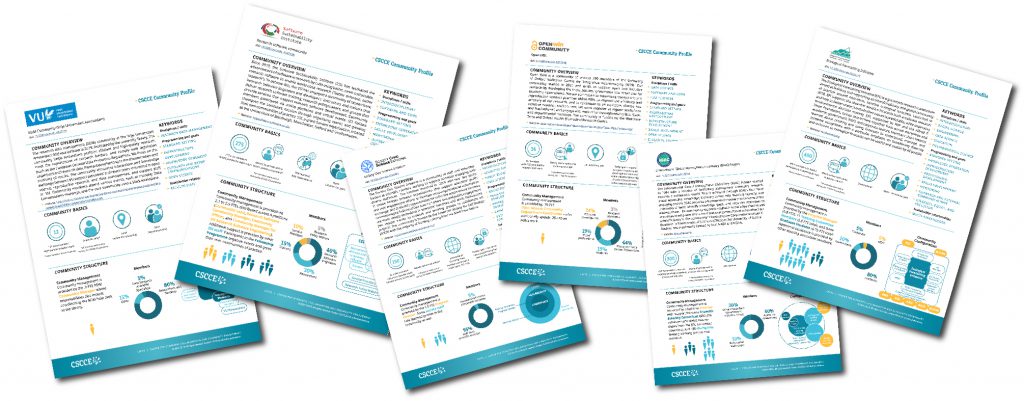Thanks to funding from the Chan Zuckerberg Initiative, we recently completed a medium-term evaluation of our foundational training course, Scientific Community Engagement Fundamentals (CEF). We’ve just published a report that summarizes the results of this work, which shows impact across three levels of scale – the individual, their community/organization, and the wider STEM ecosystem.
In this blog post, we’ll recap some of the rationale for the report and a high level overview of our findings. Subsequent posts will share more about our user-centered design approach to creating professional training courses, what we learned about the impact of CEF at each level, and how this work will impact our ongoing training offerings.
Continue reading “How does CSCCE online training impact community managers and their organizations? Read our report to find out!”